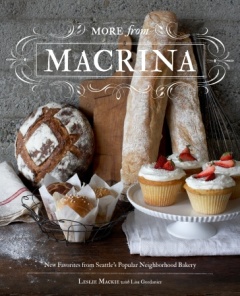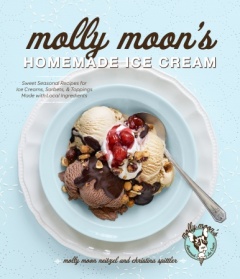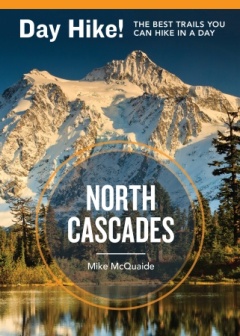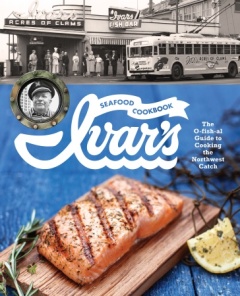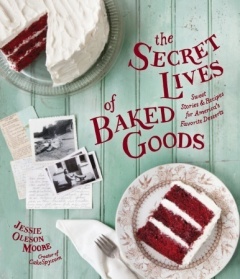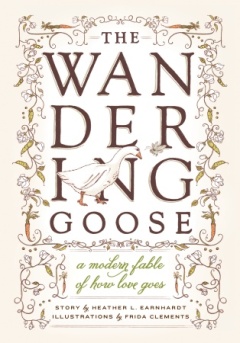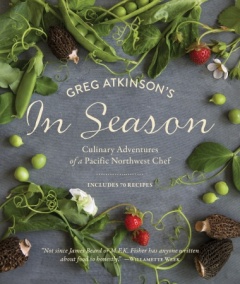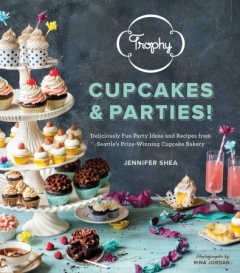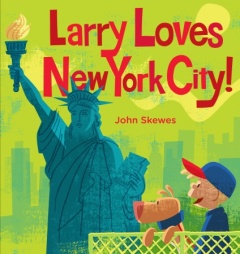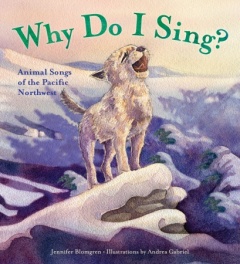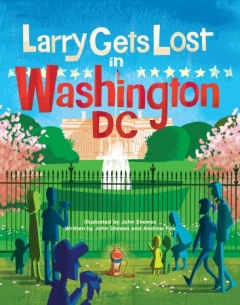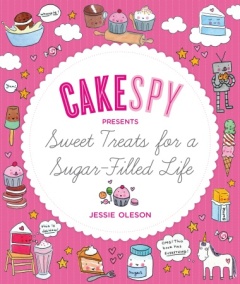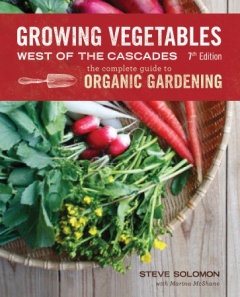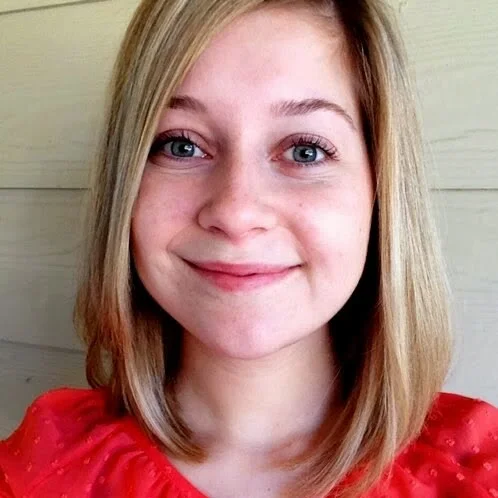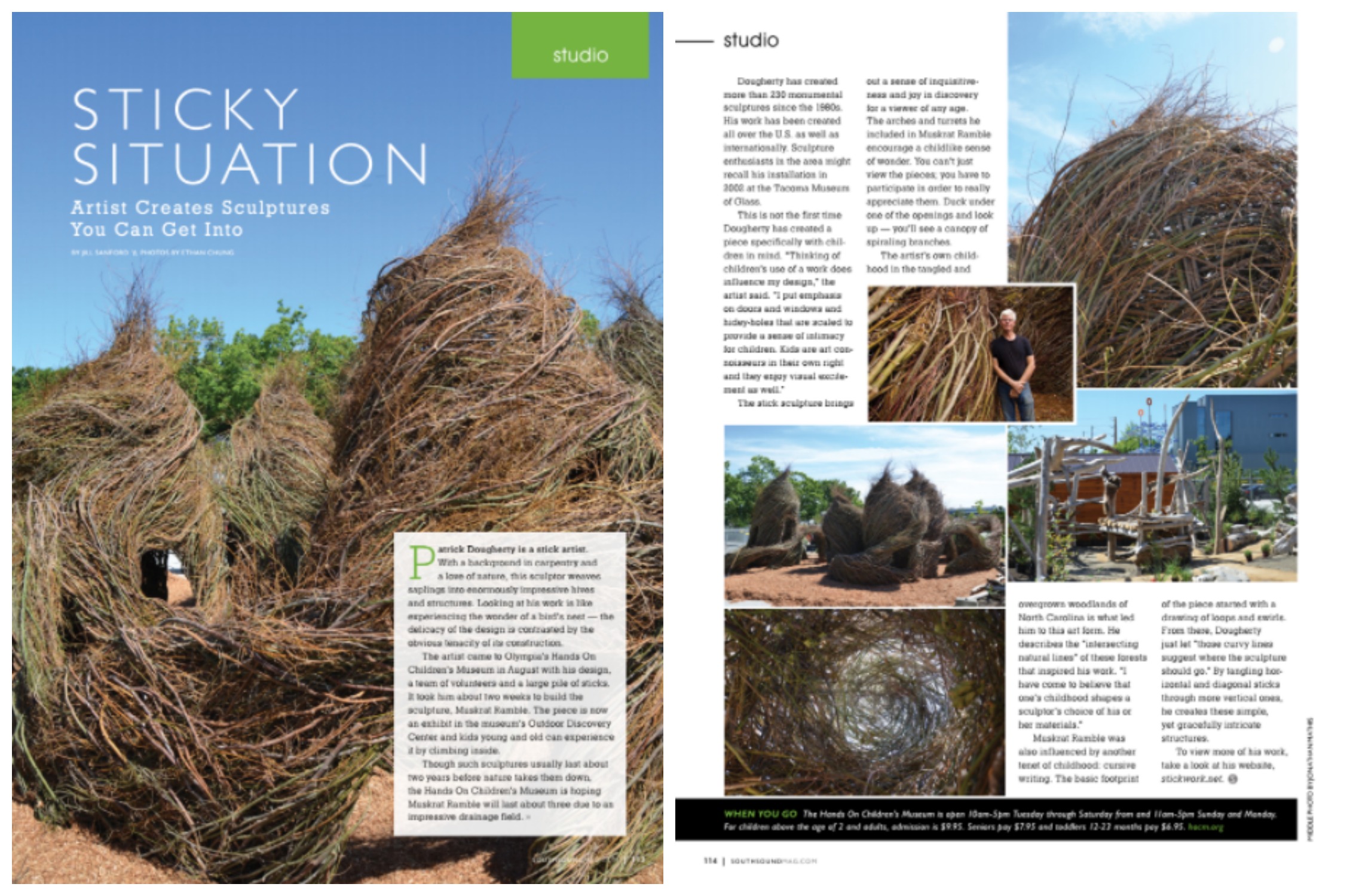Name: Cynthia Rosi
College & Majors/Minors: English
Current Location: Columbus, Ohio
Current Form of Employment: Novelist
Where do you work and what is your current position?
After graduating from the University of Puget Sound, I got on an airplane and flew to London. I knew precisely one person there, a law student I'd met at a bus-stop during my semester as an exchange student, and I stayed with his grandmother while I got on my feet.
Tell us about how you found your first job, and how you found your current job (if different).
My first job was as a secretary but I kept looking for writing jobs. I eventually found one at a newspaper that had a high turnover. What a culture shock. They expected me to know shorthand, English law, and be a pit-bull in the style of a tabloid newspaper. So different from the genteel coaching in journalism I'd had as an undergrad.
I lived in England for 16 years and during that time I worked for newspapers and magazines. Anyone planning that path should take a journalism certification class in the UK because the culture and systems and libel laws are very different.
At that time it was unusual for an American to live in the UK, and because of my accent I really stuck out. That made it easier to be remembered at interviews and get a job. But the newspaper industry in the UK is poorly paid, volatile and cut-throat. When I moved over to Public Relations it was (curiously enough) a more honest way of earning a living, less stressful, with better pay. In the UK journalists are lampooned in comedy shows as pigs. That moniker is well deserved for much of the industry there and I was glad to leave it.
What was another writing-related job that was important in your career?
In the newsroom I learned to write no matter what sound happened around me. All preciousness drops away as you pound out the words toward a deadline. Accuracy counts. Shorthand counts. Those lessons still help me now.
What did you do in college to prepare for your post-grad life?
Swim team prepared me to keep doing something even though I was dying. It's so boring staring at the bottom of a pool for four hours a day, and getting out so exhausted I couldn't think, and making myself think enough to get my work done. That prepared me for being alone in a foreign country, in poverty, struggling to do a job I didn't fully understand. It took tremendous guts and stamina.
An internship at a rock magazine helped me to prepare to be disoriented. I didn't really know the music I was covering. All my education had been in classical piano. I had to learn about the roots of rock music and why what was going on was innovative, and to listen to bands I didn't like to figure out what other people liked about them. Why did our readers find it interesting? I had to understand that or everything I wrote would be irrelevant.
What is your advice for students and graduates with an English degree?
Don't skimp on getting the education you need to do your job well. That could mean that you go to grad school or that you take additional online classes, or get an additional technical certification. In the UK life would have been better if I'd obtained the NCTJ certificate, but honestly I was too poor living in a foreign country with no family and school debt on a miserable salary. I cobbled together the portions of the NCTJ I knew I was missing and took shorthand classes at night school, and studied UK libel law books, as well as ethics books because there were no ethics in the newsroom that I could discern.
When I came back to the US I had small children but I knew I wanted to go to graduate school. Finances and time constraints made me wait until they were in high school, but I'm glad I'm doing my MFA at Antioch, Los Angeles. The professors help you to see the work in a new light and to go to a new place in your writing. I have a novel The Light Catcher coming out in October.
Read, read, read. If you're a journalist, that means four publications every morning, maybe six on the weekends until you start seeing the same stories appearing with different twists. If you're a novelist, grab a reading list off an MFA website and start ticking off those books. Reading is the best way to improve your writing. If you can't find the time to write, aim to write on a piece for five minutes a day. If you feel you can write for longer, set a timer for yourself over at tomato-timer.com. I wrote my first novel Motherhunt on timers set for 20 minute intervals.
There isn't room in this industry any longer for writers who don't want to promote themselves. That first book deal is critical, and if your sales suck, you won't get another one for a very long time. If you're dreaming about writing a novel, get started on two social media platforms and a blog. Play with them. Become familiar with their formats. It doesn't matter how many subscribers you have, but it does matter that you're in the sandbox. Because when the book is done, you'll be able to manipulate Wordpress tools, and know how to interact on Facebook, and how to work in the Tweet-o-sphere. That will eliminate so much of the learning curve when you get to marketing, which is an essential part of being a novelist today.
Cynthia can be found on Facebook (she encourages you to send her a friend request), twitter, and on her website, www.cynthiarosi.com.



